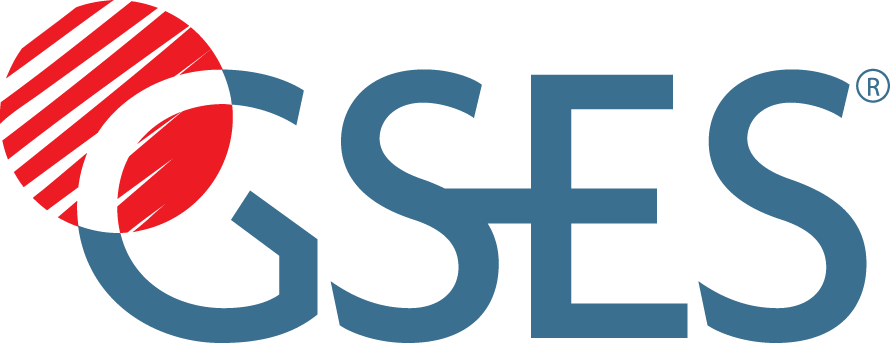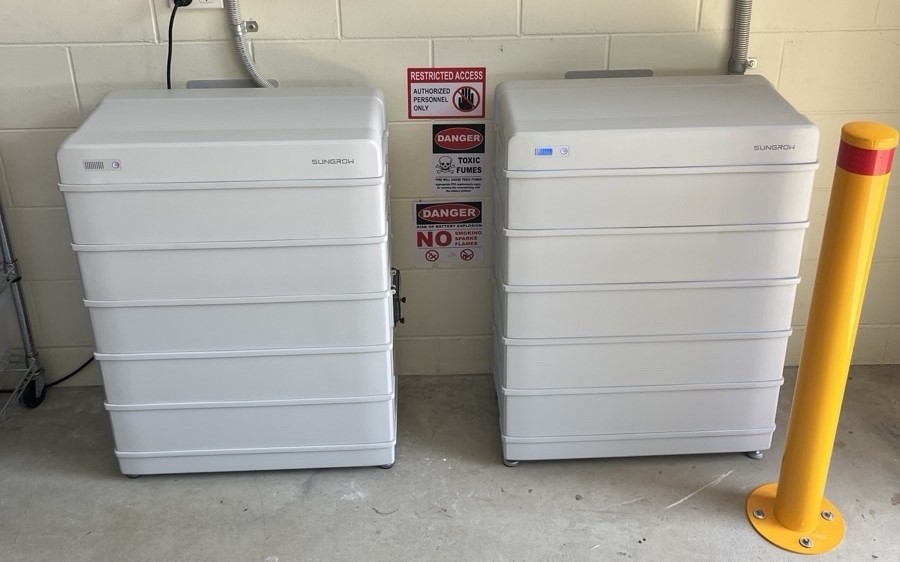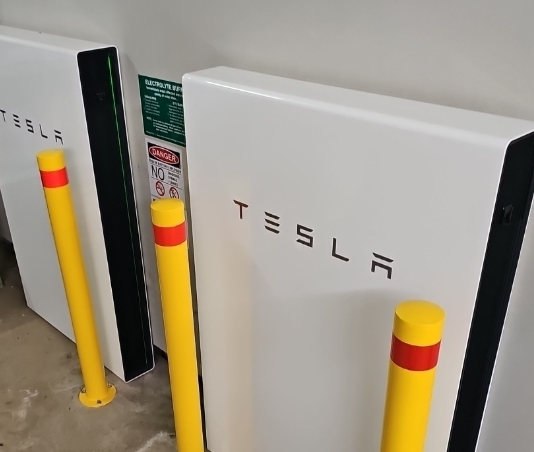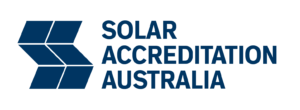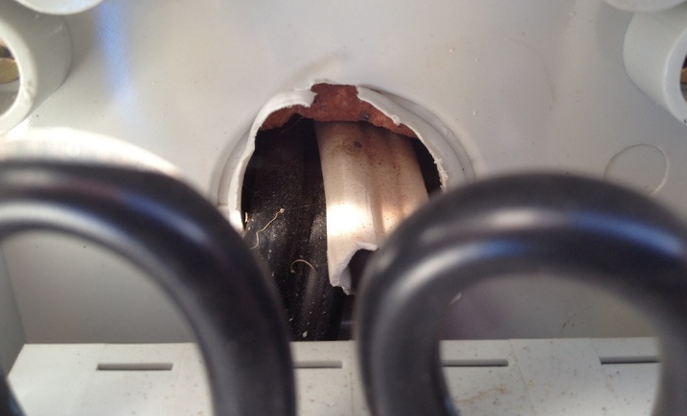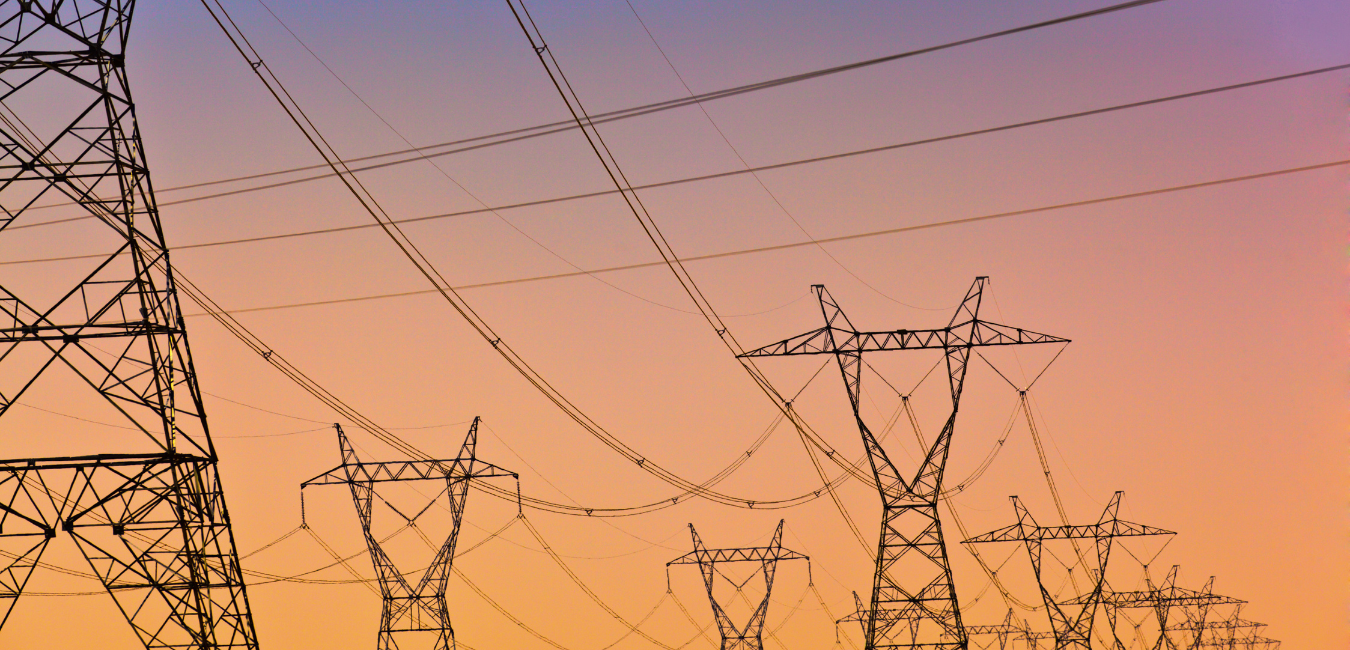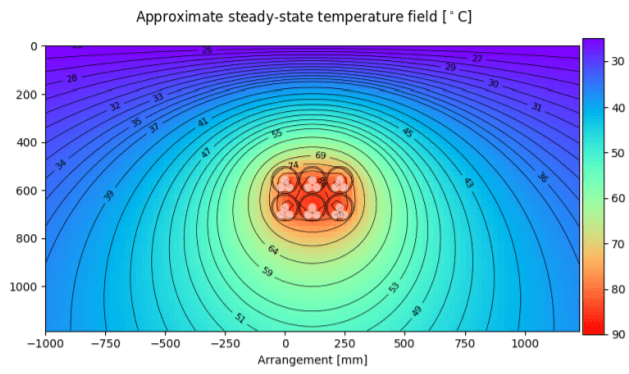The New South Wales (NSW) Department of Climate Change, Energy Efficiency and Water (DCCEEW) [pronounced D’Queue by department personnel] introduced the Peak Demand Reduction Scheme (PDRS) in 2022. This scheme, which is administered by the NSW Independent Pricing and Regulatory Tribunal (IPART), uses a market-based mechanism to incentivise the installation and usage of energy efficiency […]
Category: Regulations
Understanding BESS Earthing Requirements in Electrical Installations According to Australian Standards
Earthing is a critical aspect of electrical safety in installations, ensuring that any exposed conductive parts are properly grounded to prevent electrical shocks or fire hazards. However, there is often confusion regarding the correct application of earthing requirements, especially when earth terminals are found unused in some installations. This document aims to clarify the circumstances […]
Habitable Rooms and Restricted Locations for Battery Installation
With the introduction of new battery rebate programs in Queensland and the ACT this year, and a proposed rebate in NSW expected in November, the safe installation of batteries has become an increasingly important topic. A common concern among installers is determining suitable battery installation locations, particularly regarding what constitutes a habitable room and a […]
New Accreditation Administrator Announced – Everything we know about Solar Accreditation Australia
The Clean Energy Regulator has just announced Solar Accreditation Australia (SAA) as the new installer and designer accreditation administrator! This means that the CEC is no longer the accreditation scheme operator, and the SAA accreditation scheme is now in effect. SAA is an independent, not-for-profit organisation founded by the Smart Energy Council and Masters Electricians […]
Solar Installation: Common Mistakes and Best Practices
In 2023 the Clean Energy Council suspended 166 accreditations and cancelled 51. Most of the cases opened came from the Clean Energy Regulator’s inspections program [1] which focuses on quality and compliance of installations across the country. GSES has been part of the Clean Energy Regulator’s inspection program for many years and has seen all […]
NSW Work Health & Safety Amendment Bill 2023
Last month, the NSW parliament passed the WHS Amendment Bill 2023. The bill covers a number of updates in relation to increased maximum penalties, a new silica register and a new asbestos notice regime. The changes primarily impact PCBUs (Persons Conducting a Business or Undertaking), as PCBUs are responsible for providing and maintaining a working […]
How To Use Chapters 5 And 5A From NER For Large Scale Embedded Generators
This article outlines the scopes of Chapter 5A, defines the systems it applies to, and provides a brief introduction to what you can expect should you start your connection application.
AS/NZS 4777.2 2020 Updates – What You Need to Know
The 2020 updates to the inverter Standard AS/NZS 4777.2 Grid connection of energy systems via inverters, Part 2: Inverter Requirements is now available. If you’re a solar professional, you’re probably familiar with the 2015 version of the Standard. In December 2020, the Standard was updated to reflect changing conditions in the industry. These changes could […]
Specialised Cable Sizing of Complex Electrical Circuits
Cable sizing and derating are critical elements in any electrical project, not just solar power installations. Most electricians rely on Australian/New Zealand Standards AS/NZS 3008.1.1 and AS/NZS 3000 to provide the answers necessary to adequately size and derate cables for a given load in any situation. In some scenarios, a specific site or installation may […]
DC Cable Sizing using AS/NZS 3008; and Limitations
This article will give you an overview and examples of DC cable sizing using the standard AS/NZS 3008. Cable sizing is one of the most crucial engineering problems in PV system design. It has major implications on the overall cost, performance, and safety in design of PV systems. Correct cable selection also ensures compliance with Australian […]
